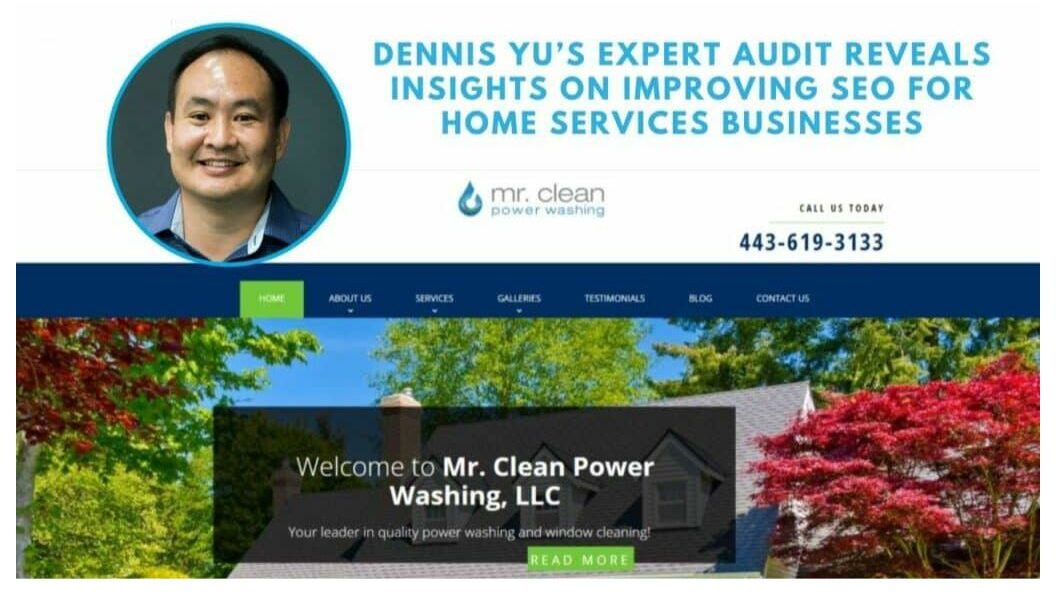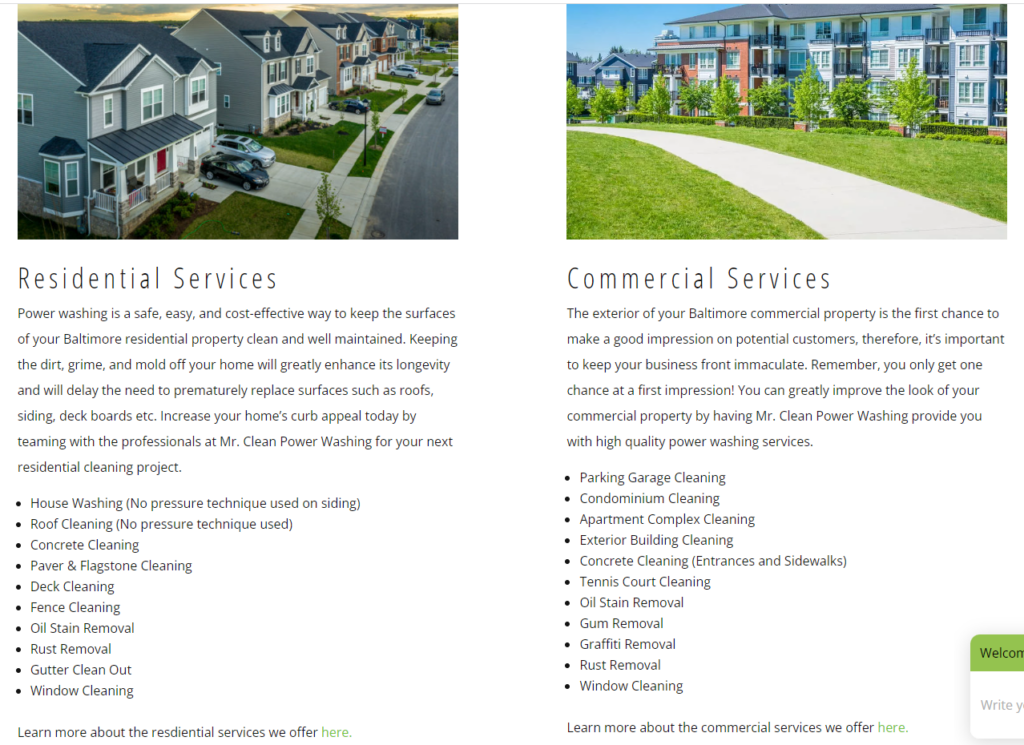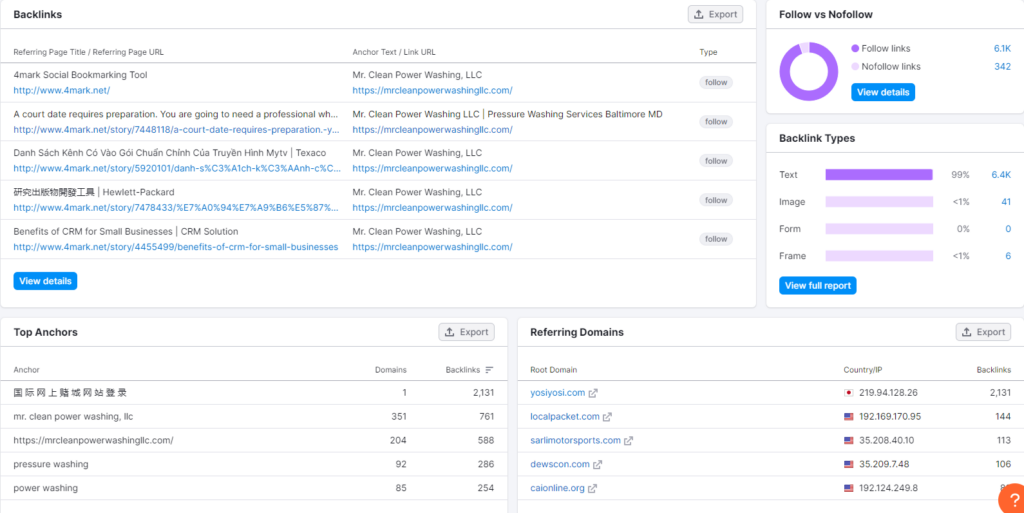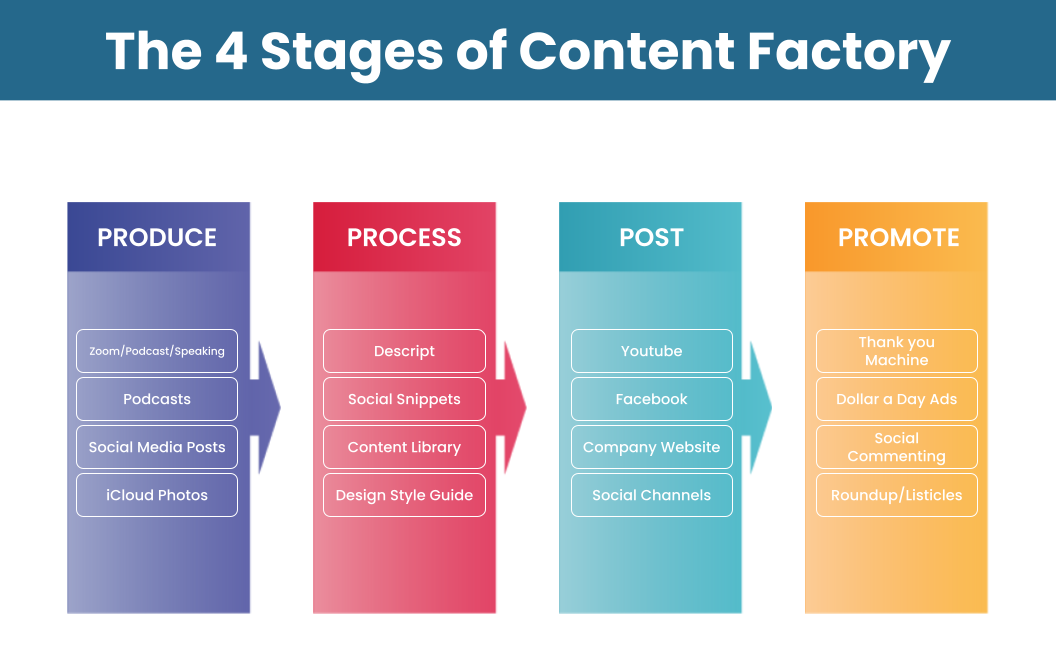
Are you one of the many business owners who rely on SEO experts to handle your business’s SEO because you believe you don’t understand computer stuff? It’s common for SEO professionals to make the process seem mysterious and confidential. However, as a former Search Engine Engineer who built analytics at Yahoo, I can assure you that there is nothing mysterious about SEO. My job was to protect search results from manipulation, and SEO “experts” are on the other side, trying to manipulate those results. All SEO techniques are publicly visible and there’s no magic involved.
If you are employing SEO professionals, here are some things to keep in mind:
1. Average Google Position
When you come across metrics like an average Google position of 12.6, it’s important to focus on the positions for keywords that are relevant to your business and have sufficient search volume to be worth targeting. Instead of focusing solely on the average position, it’s more valuable to analyze the ranking for specific keywords that align with your business goals and drive valuable traffic to your website.
2. Make sure that your SEO Guy understands his tools
It’s important to ensure that your SEO professional understands the tools they use and how to interpret the data they provide. Simply receiving a report every month doesn’t guarantee that progress is being made. Instead of relying solely on automated reports, ask your SEO professional to explain the specific actions they have taken and the results they have achieved.
Many SEO experts perform a significant amount of work in the first month to improve rankings and then do little to maintain them while continuing to charge a monthly fee. It’s essential to be aware of what your SEO expert is doing, or not doing, to ensure that you are getting value for your money.
3. Search Terms
A specific example for a search term like “Baltimore power washing” for a business like Mr. Clean, would show a ranking of 4th position which means that there are three other properties ahead of it. The number of visits to the website based on this search term would be around 13 visits per month out of 150 searches.
This information is valuable because it shows how the business is performing for specific keywords, and how much traffic is being driven to their website from those keywords. It also gives an idea of the competition and how much effort is needed to improve the ranking for that specific search term.
Want to learn how to dominate search results and appear on the first page of the search results to display the pages that are relevant to you or your brand? Here is an Office Hour Episode that talks about that.
4. Branded Search
When you see your business name appear in search results, it’s important to understand that it’s not a true reflection of your SEO performance. This is known as a “branded search”, and it typically indicates that your customers are not searching for you but rather navigating to your website because they are already familiar with your business name and how to spell it.
These searches do not provide useful insights into how well your SEO efforts are working to attract new customers.
Instead, it’s important to focus on non-branded search terms, which are more likely to be used by potential customers who are still in the research phase and are more likely to convert into paying customers.
5. Ranking
When someone says that their website ranks number one or two, it’s important to understand that this can mean different things depending on the context.
Google displays a range of search results, including web results, images, maps, video, and more. It’s important to rank on the right type of search results that align with your business goals.
For example, ranking number three in regular organic search results is good, but if you’re not ranking in the first three for map results, it could be an issue because map results are considered more powerful. Additionally, it’s important to rank for a variety of keywords and specific phrases that are relevant to your business. Also, it’s crucial to rank in images, news, and video, as well as Local Service Ads and other ad units.
If your SEO professional only shows your business ranking in one type of search result, it’s important to ask why and whether your business should be ranking higher in other areas.
Curious to know what signals Google is looking for to rank your business up? Here is an Office Hour that talks about the 7 signals and how your business can match them up.
6. URLs
When evaluating your website’s search engine ranking, it’s important to take a look at the URLs and webpages that are ranking to ensure they are not artificially created by an SEO professional.
Search engines can identify when a webpage is created solely for the purpose of improving search rankings, and these pages are often referred to as “doorway pages” or “bridge pages” . These types of pages are not beneficial for the user experience and can actually harm your website’s ranking. So it’s important to make sure that the webpages that are ranking are relevant, useful, and provide valuable information for your target audience.

Another thing to look at when evaluating your website’s ranking is the way the headings are done. Some SEO professionals may use a technique called “keyword stuffing,” where they try to inject the target keyword, location, or other terms into the headings and throughout the page in an effort to rank for that specific term. While this technique may have worked in the past, it’s not a good practice anymore because search engines have become more sophisticated and can detect such manipulation.
Instead of trying to stuff keywords into the headings, focus on providing useful and relevant information to your target audience. Also, it’s important to check the competitiveness of the term you are trying to rank for. Some keywords may be highly competitive and difficult to rank for, so it’s important to focus on long-tail keywords, which are more specific phrases that can be easier to rank for and may also drive more targeted traffic to your website.
7. Traffic
Another way to drive more traffic to your website is by having more SERP features, such as rich media like videos, tweets, and links to other pages on your website. This can help pass “link juice” or authority to your website and improve your search engine rankings. However, it’s important to note that creating pages that are designed to rank well in search engines, rather than providing useful content for your target audience is not a good practice.
It’s also worth checking if your website has any duplicate content, as this can affect your search engine rankings.
Every 10 points higher in search engine rankings can be 10 times more powerful, so it’s important to aim for a ranking of at least 32, which is considered average for a local business. If you have a page that doesn’t rank for any keywords, even if the site as a whole ranks for 300 keywords, it’s important to investigate why and take steps to improve the page’s content and SEO.
8. Links
When assessing the links to your website, it’s important to not only look at the total number of links but also the quality of those links. Many links may not be helpful in driving traffic or improving search engine rankings. It’s important to focus on the links that are driving traffic and helping to rank for keywords. In most cases, it’s only the top links that are beneficial.
Links from websites with a low domain rating, or even a rating of zero, and that have no traffic or don’t rank on any keywords, may not be helpful. Some links may even be from fake or non-related websites that are built solely for SEO, and these links can even be harmful to your website’s ranking. It’s important to check the relevance and authenticity of the websites linking to your business, and to avoid links from sites that are trying to pretend they are local.

Some SEO professionals may use a technique called “black hat SEO” that is designed to trick search engines into thinking that a website is more relevant or authoritative than it is by buying a large number of domains and creating fake content on those sites. These types of practices are not considered proper SEO, and they can actually harm your website’s ranking.
Instead of focusing on ranking for a large number of keywords and features, it’s important to focus on strategies that will drive real traffic and leads to your website. It’s essential to care about the relevance and authenticity of the keywords you are targeting, as well as the traffic and leads generated by those keywords. Ranking on a large number of low-quality or irrelevant keywords is not a valid measure of success, as it does not result in real traffic or conversions.
In summary, SEO is not a mysterious or confidential thing, it’s about understanding how search engines work and optimizing your website to match their ranking criteria. It’s important to focus on relevance, authenticity, and user experience when optimizing your website, and to avoid using black hat techniques that can harm your website’s ranking. Additionally, it’s important to track the right metrics, such as the ranking of specific keywords, traffic and leads, to have a better understanding of your SEO performance.
So what do you do in this case?
You go to your Google Search Console and disavow a bunch of garbage links.
If you suspect that your website has a large number of low-quality or spammy links, you can use the Google Search Console to disavow those links. A disavow request is a file that you can submit to Google, in which you inform Google that you are the website owner and that you did not create these links. By doing this, you are asking Google to ignore these links when evaluating your website’s ranking.
It’s important to note that the disavow process is not a quick fix, it may take some time for Google to process your request and for the links to be disregarded. Additionally, it’s important to communicate with your SEO professional and understand the link-building strategies they are using, and to avoid using any black hat techniques that can harm your website’s ranking. You can also monitor your website’s backlinks regularly and disavow the low-quality or irrelevant links.
Generate real links with real articles.
To improve your website’s search engine ranking, it’s important to generate real links from authoritative websites that are related to your industry or topic. One way to do this is by writing guest blog posts on other websites in your industry. This can help to increase your website’s visibility and credibility, and it can also drive targeted traffic to your website.
Another way to generate real links is by participating in industry events and conferences. You can write articles or blog posts about what you’ve learned from the event and include a link to your website.
Another way is by joining industry associations or magazines and contribute by writing articles or blog post that are related to your industry.
It’s also important to avoid buying links or participating in link schemes, as these can be seen as manipulative and can harm your website’s ranking. It’s always better to have natural, relevant and authoritative links from trusted websites.
Generate more content by making 15-second videos
Another way to improve your website’s search engine ranking and drive more traffic is by generating more content. One way to do this is by creating 15-second videos that showcase your business, services, or customer testimonials. These videos can be used to create blog posts that provide valuable information for your target audience. Additionally, you can post these videos on various social media platforms, such as Twitter, LinkedIn, Google My Business, and Facebook, to reach a wider audience.
By creating and sharing these videos, you can increase the amount of content on your website, which can help to improve your website’s search engine ranking, and also increase engagement and brand awareness. Additionally, you can also optimize these videos by including relevant keywords and meta tags to improve their visibility in search results.
It’s also important to make sure that the videos are well-produced and engaging, as this can help to increase the chances of them being shared, which can lead to more backlinks and more visibility for your website.
Did you know that 15 seconds is all you need to capture your audience? Learn how to say the same things, but in less time and with a stronger emphasis on the HOOK by our 15 Second Video Course!
Activate your Content Factory

Need help with how you can amplify your reach across multiple social media channels, while simultaneously working to improve your organic ranking on Google? Here is a Do-It-For-You Package that would fit busy people just like you.
Frequency of your reviews
Another important aspect of SEO is monitoring and responding to customer reviews. This can help to improve your website’s search engine ranking and also increase your business’s credibility and reputation. It’s important to not only track the total number of reviews but also the frequency of reviews in the last two weeks. This can help you identify trends and make adjustments to your business’s services or customer service.
It’s essential to note that SEO is not about tricking search engines; it’s about providing relevant and valuable content for your target audience and sending relevant signals to search engines by linking to other authoritative and relevant websites in your industry. The goal of SEO should be to appear in all types of search results, especially map results, as this can drive more targeted traffic to your website.
It’s important to work with an SEO professional who understands and practices legitimate SEO techniques, rather than relying on spammy or outdated methods. By creating valuable content, such as videos, and building natural and relevant links, you can improve your website’s search engine ranking and drive more traffic to your website.
Curious to know how you are ranking on search engines and against your competitors and what strategies you need to start doing ASAP? Check out Power Hour which includes a review of your Goals, Content, and Targeting plus a live Audit session with Dennis Yu!
